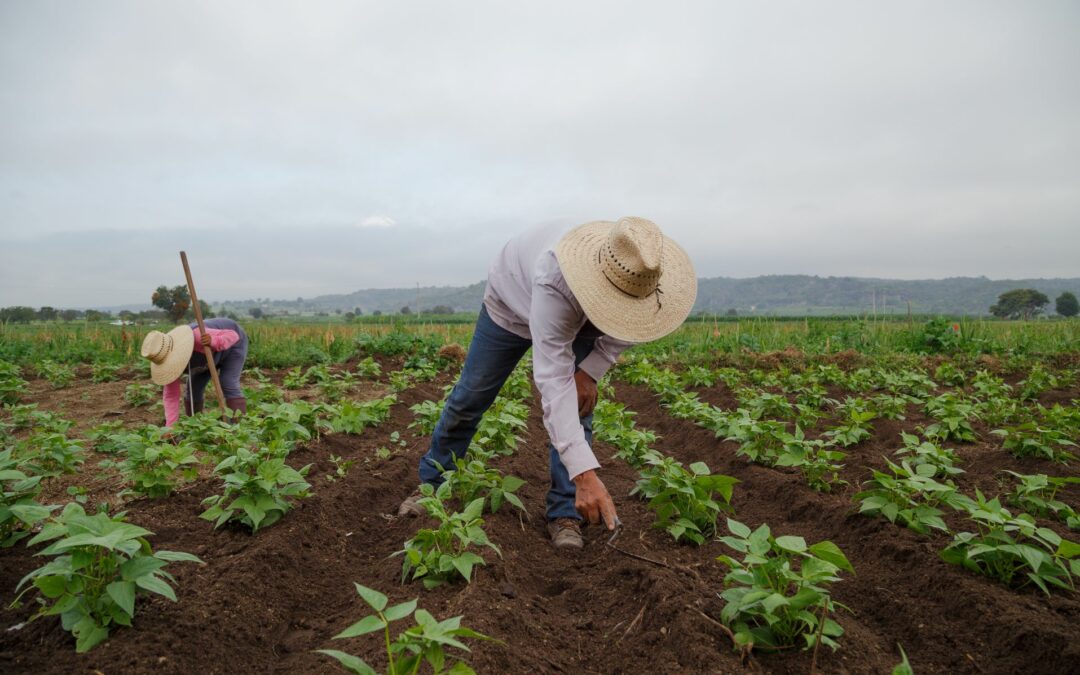Today, Judge John H. Chun ordered the United States Department of Labor (DOL) to reinstate higher piece rate wages for Washington’s cherry, apple, pear, and berry harvests covering all H-2A contracts in Washington state. In his ruling, Judge Chun wrote:
Here, Plaintiff has shown that farmworkers in Washington, including its members, will suffer irreparable injury. The declarations make clear that Washington farmworkers earn more wages when working at a piece-rate pay system versus an hourly pay system, and that these workers rely on these wages to survive. Because of the seasonal nature of the work, farmworkers in Washington cannot harvest year around, and they must earn enough during the season to support themselves and their families for the year.
The case was filed by Familias Unidas por la Justicia (FUJ), a union of farm workers based in Skagit County, who requested a preliminary injunction hearing that was held last Friday. FUJ challenged DOL’s most recent rules governing prevailing wage surveys and alleged that DOL was failing to protect farmworker wages as use of the H-2A visa program grows in Washington state.
Farmworkers who have lived and worked in Washington for decades say the jobs and wages they rely on every harvest season are disappearing due to the inaccurate and illegal way DOL has been setting base wages for farms that employ H-2A workers.
“We are very happy with Judge Chun’s order. It will have an immediate impact for hard-working Farmworker families who are out there right now in the fields harvesting fresh berries and cherries that you see in the supermarket every day. These higher wages mean workers will be better able to pay for food and rent this winter,” said FUJ president Jose Ramirez.
Nearly 40,000 workers will come to harvest fruit in Washington on H-2A temporary agriculture visas this year, then return to their home countries. Use of the program has increased by 1,000% since 2008. By federal statute, no H-2A visas can be issued unless DOL certifies that “the employment of [foreign] labor . . . will not adversely affect the wages and working conditions of workers in the United States similarly employed,” and that “there are not sufficient workers who are able, willing, and qualified, and who will be available at the time and place needed, to perform the labor or services.” However, because DOL has failed in its duty to set accurate pay requirements for the H-2A program, the agency was approving harvest contracts with below-market rates, which local workers cannot live on. Local workers say they have always been paid a “piece-rate” wage based on how much fruit they were able to pick in a workday. This year in particular, growers who employ H-2A workers offer only the minimum hourly wage set by DOL, which can be as little as 50% of piece-rate earnings.
“Today’s ruling is a great first step to require DOL to follow the law and protect local workers’ wages—its number one job. We look forward to working with DOL to immediately implement this ruling and inform all Washington H-2A growers of their legal duty to pay higher piece-rate wages,” said Andrea Schmitt, attorney with Columbia Legal Services who is representing the farm workers. State legislation to improve parts of the prevailing wage-setting system passed earlier this year, but DOL has still not published new findings and continues to use data from 2022.
Washington is one of the last states in the nation that even attempts to protect local worker wages, thanks to decades of farm worker organizing. Local farmworkers in other states were long ago replaced with H-2A workers, making it easy for DOL to certify a shortage of local workers each year. Familias Unidas filed the original lawsuit in federal court in May.
FUJ is also being represented by Kathy Barnard from the Seattle law firm of Barnard, Iglitzin & Lavitt LLP, Lori Johnson and Madeline Flynn from Farmworker Justice in Washington, D.C, and Edward Tuddenham in New York.

Recent Comments